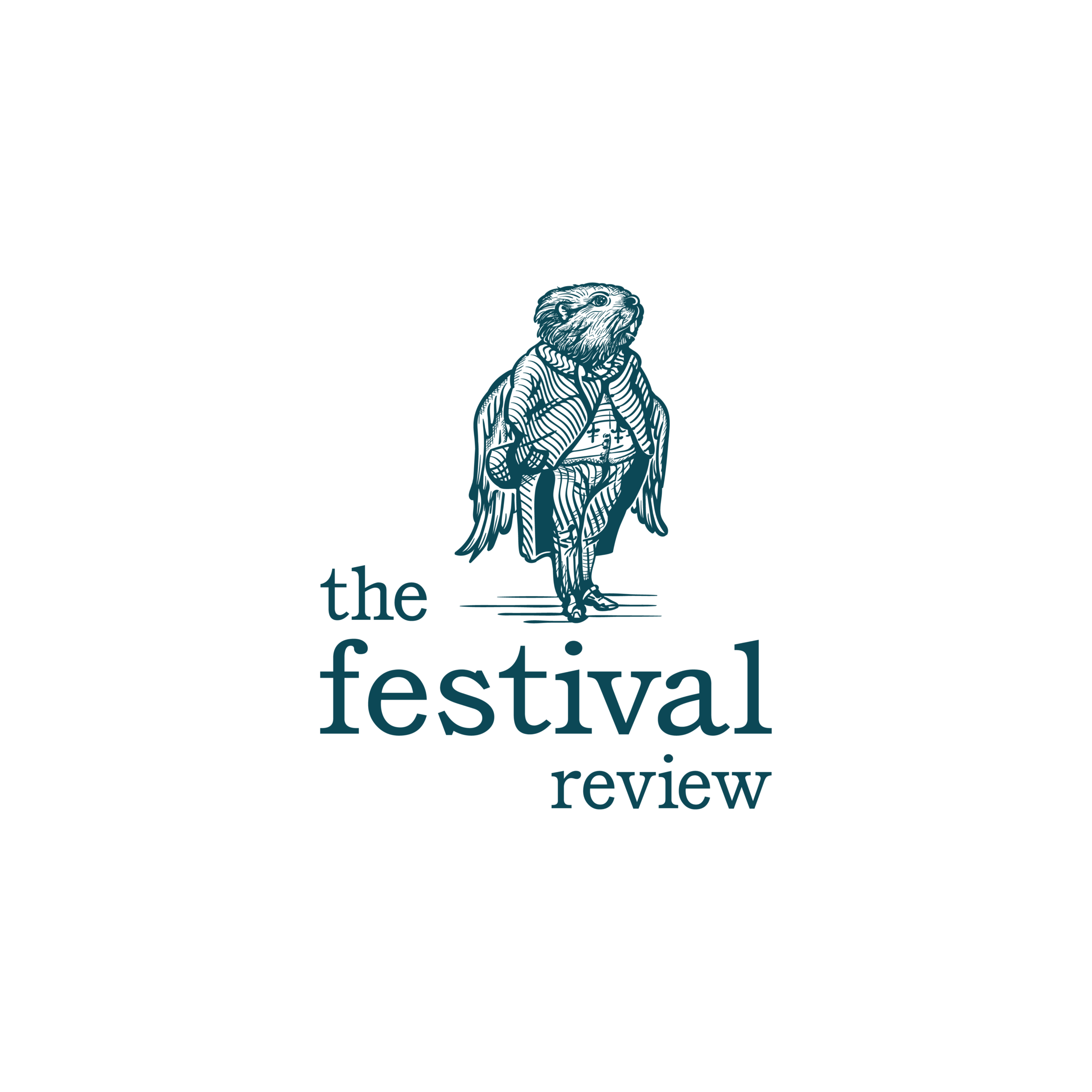Flowers, all sorts...
Disclosure: Advance reader copy made available from the author in exchange for an honest review.
Flowers, all sorts in blossom, figs, berries, and fruits forgotten
by oisín breen
Oisín Breen’s “Flowers, all sorts in blossom, figs, berries, and fruits forgotten” is an interwoven sequence of poems that simultaneously juxtapose and connect different facets of everyday life, from the mundane to the poignant. He connects memory with loss, youth with death, and love with the finitude of living, each progressing the overall narrative.
Breen’s poems contain multiple dimensions. He associates with fleshy human cravings such as hunger, thirst, nature, and childhood, but also with death, on which he focuses throughout. There are many instances in the poems in which one can undergo heartfelt love and yearning during otherwise humdrum moments:
”I am plucking flowers at a baobab tree and thinking, ‘what if you forget
me?’
I am making toast covered in chilli flakes and cheese in the grill, laughing
at the cusp of breaking through to myself, which later I did, and I am
thankful.”
(From “Eleven”)
Breen’s poems ebb and flow through an inconsistent time, where one can exist in both old age and youth together. Here, Oisin can be playing with his friends, aging as they drink Vermouth, placing flowers on a loved one’s tomb. The prospect of tomorrow has already passed.
Likewise, gods and goddesses enter the picture, playing a great role in the course of time. They move as the years do, in the spaces between the mundane and the grave: of making toast, of being in love, of Marollen in 1866, and even of the Holocaust. We feel each step as Breen transitions through moments known and unknown, along with our emotional attachments to the temporal world in which we happen to find ourselves.
“Gula Inanna, Innana Ištar,
Will you sit with me, hold my hand, and listen to the lapping of the waves,
from that strange day when all too briefly orchids were birds, and their
open lips sang perfumes, and for one moment I let my eyes heavily close?
Or must we return, again and again, to these sites of stories, with no repose?”
(From “Gula Innana – Four")
Breen assumes many forms in “Flowers, all sorts in blossom, figs, berries, and fruits forgotten”. He is our narrator. He is our guide. He is our lifeline. Breen transports us through a maze of his own making, wherein each turn entails another story, another intuition, another point in history where some of life’s most important themes collide and coalesce.
Throughout the text, Breen also personifies feeling in space. Consider Dublin, with “her arse, her gaping maw, a high arched velvet cunt to be beatified in perpetuity” (from “Lugh — Six"). Balancing the sexually explicit and the innocent, Breen’s positioning highlights his language, where common phrases are intricately and beautifully reworded so as to create a new feeling within a familiar idea. And is this not the very definition of poetry? Indeed, Breen’s poems are sweetly melodic, temporally concurrent, and linguistically triumphant. He knows how to connect his readers with life’s most precious themes through repetition, contradiction, and a thoroughly lyrical read.
Oisín Breen’s poetry will sweep you away into a space occupied chiefly by the senses. Filled with nostalgia, magic, sensuality, and the bizarre, each poem has the potential to transport you to an altogether novel environment. With Breen you may find yourself in multiple places at once.
Personally, I felt as if I was delivered into the heart of medieval Europe in the course of a modern day. I sat with the Irish gods in the midst of a graveyard. I fell in love in the thick of mourning. The rich language and possibility in each of Breen’s stanzas will leave you feeling full and satisfied and, as with all great poetry, eager to read on.

